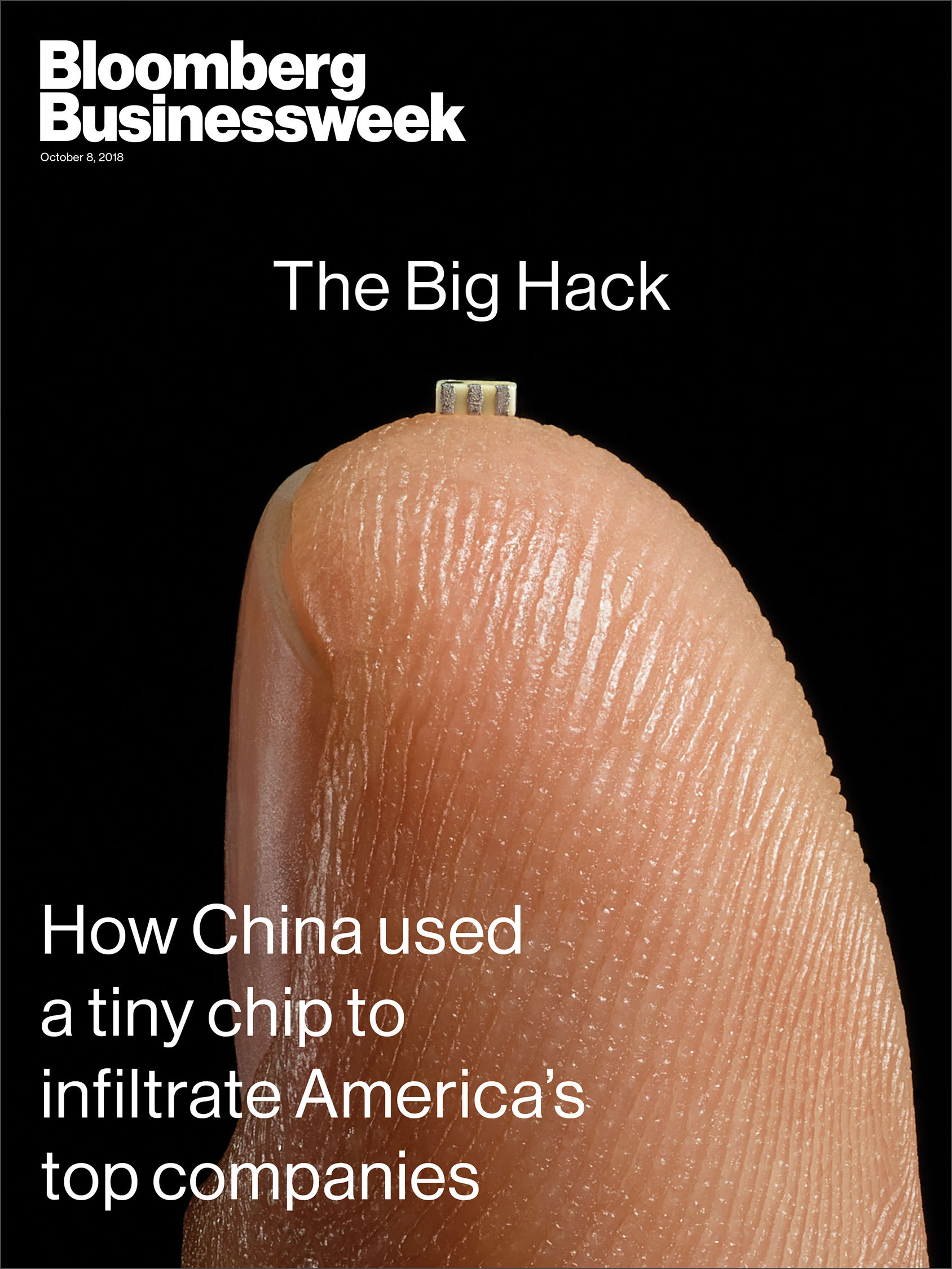
A third-party audit has found absolutely no evidence of Chinese spy chips being secretly embedded on server motherboards manufactured by Super Micro, poking another hole in Bloomberg’s bombastic, highly questionable Big Hack story which it refuses to retract.
The analysis, conducted by global firm Nardello & Co, tested samples of motherboards in current production, and ones that were sold to Apple and Amazon, while examining software and design files. It found no unauthorized components or signals being sent out.
Reuters reported Tuesday:
In a letter to customers, Nardello & Co said it was not surprised by the result of the review it commissioned in October after a Bloomberg article reported that spies for the Chinese government had tainted Super Micro equipment to eavesdrop on its clients.
The Bloomberg story made explosive claims that a state-sponsored effort by the Chinese government had managed to penetrate Asian supply chain for electronic components used in computers. If true, that would have been a global scandal of epic proportions.
It posited that companies like Apple and Amazon, as well as the US government, are at risk of having their customer data compromised and stolen due to these chips “not much bigger than a grain of rice and not part of the original design” acting as a hardware backdoor of sorts.
Bloomberg reports Jordan Robertson and Michael Riley who worked on the story said Apple had discovered the spy chips on some of its servers and even reported their findings to the FBI.

“We did not uncover any unusual vulnerabilities in the servers we purchased from Super Micro when we updated the firmware and software according to our standard procedures,” the iPhone maker said in response to the controversial write-up.
Aside for the fact that Apple, Amazon and Super Micro vehemently denied claims put forward by Bloomberg, Apple CEO Tim Cook in a very unusual move called for the news organization to “do the right thing and retract” the story.
In expressing frustration with how Bloomberg handled the process after numerous rebuttals by the company, Apple’s boss Tim Cook was quoted as saying:
I was involved in our response to this story from the beginning. I personally talked to the Bloomberg reporters along with Bruce Sewell, who was then our general counsel.
We were very clear with them that this did not happen, and answered all their questions. Each time they brought this up to us, the story changed, and each time we investigated we found nothing.
You have to understand, no sane CEO of any public company would ever resort to lies to shoot down the Bloomberg report because of legal liabilities and likely shareholder outrage.
The longer Bloomberg refuses to admit its mistake, the greater the damage to its reputation will be, it’s simple as that. But then again, Bloomberg brought this upon themselves.
Personally, I have no sympathy for Bloomberg’s irresponsible reporting as of late, and their Big Hack story is a prime example of “investigative” journalism that bends the truth for the sake of clickbait headlines.
Whose story do you believe, Bloomberg’s or everyone else’s?
Let us know in the comments.